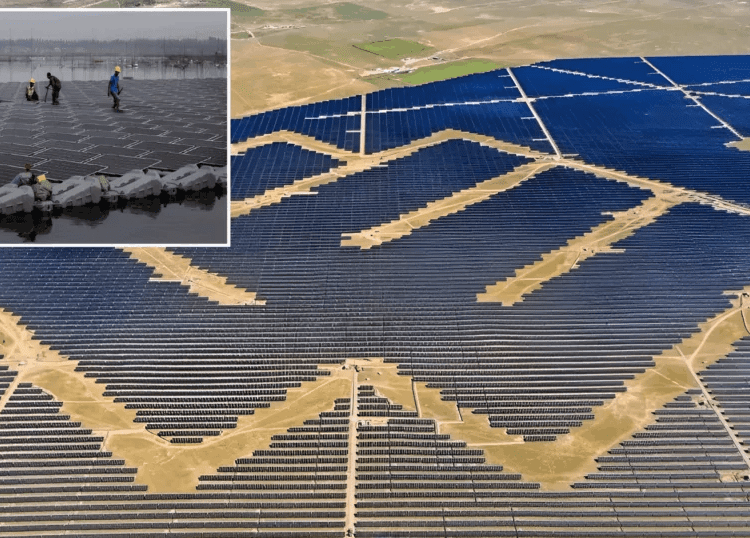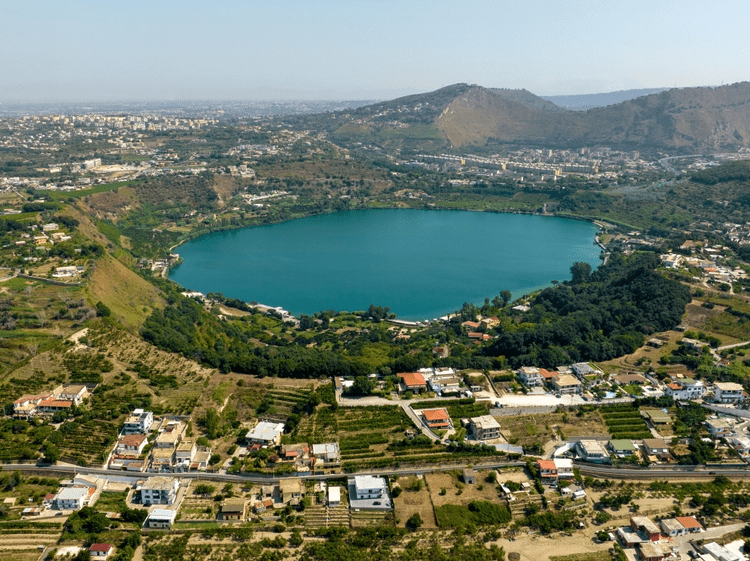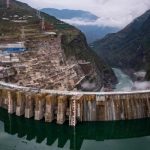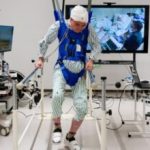All astronomical objects are formed by gravity pulling matter together.
If a cosmic body originates from anything that had even the tiniest amount of rotational motion originally, this spin rate will only become greatly enhanced as the object collapses.
This arises because of the law of conservation of angular momentum. In a turbulent and angular-momentum-rich Universe like ours, this means everything from dust particles to galaxy super-clusters will have some degree of rotation.
In Einstein’s General Theory of Relativity, which describes gravity, rotation does have an effect, known as ‘frame-dragging’, which can change how objects interact gravitationally. But the effect is extremely small and doesn’t affect the overall gravitational field.
Hence, gravity would stay essentially the same if everything in the Universe were to stop rotating.
This article is an answer to the question (asked by Helen Marriott, via email) ‘If everything stopped spinning, would gravity cease to exist?’
To submit your questions, email us at questions@sciencefocus.com, or message our Facebook, X, or Instagram pages (don’t forget to include your name and location).
Check out our ultimate fun facts page for more mind-blowing science
Read more:











